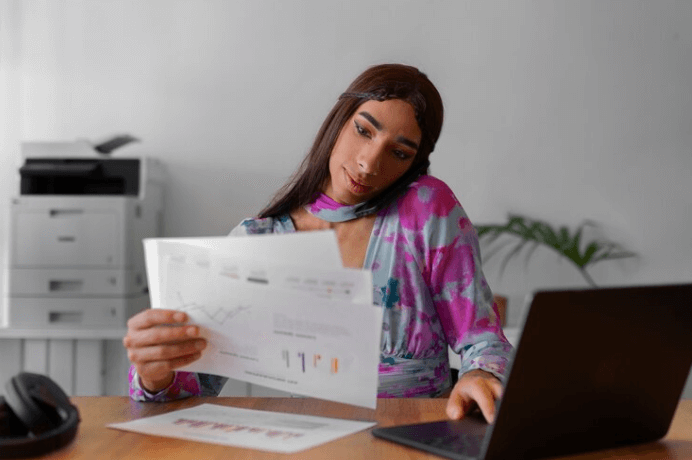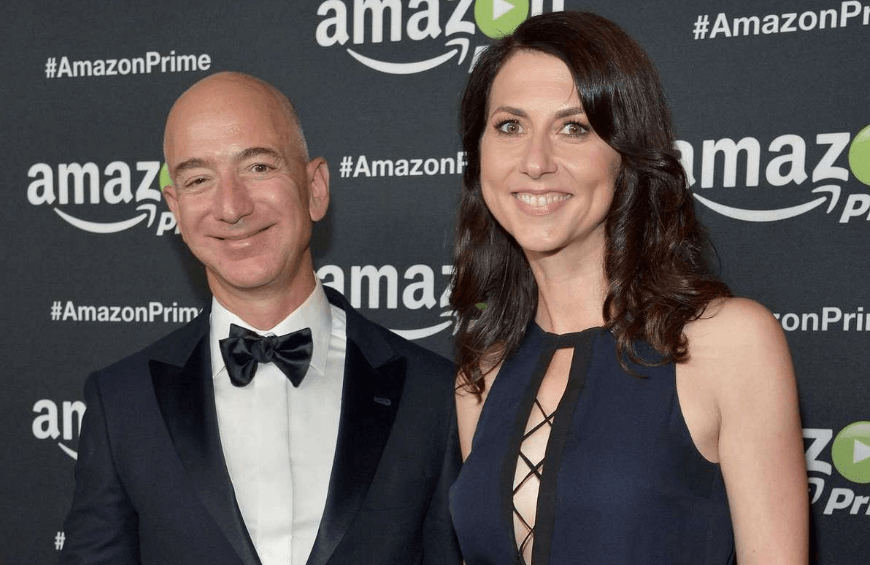Here is a complete guide to making money off of your music independently, from various streams of income, promotional strategies, and tips on how to get the most out of each platform.
1. Streaming Platforms
Key Platforms: Spotify, Apple Music, Amazon Music, Tidal, Deezer, YouTube Music
Streaming services offer one of the primary ways of income, although per-play earnings are usually extremely low. With consistent marketing and a dedicated fanbase, streaming adds up to quite a decent amount over time.
- Getting started: All one needs to do is take the music to the various platforms through any distribution service such as DistroKid, TuneCore, or CD Baby.
- Monetization strategy: The idea is to release singles regularly to stay relevant because, once more, algorithms, especially on Spotify, are very favorable to new content.
- Promotion tip: submit your music for playlists on Spotify. Look out for smaller, more genre-oriented playlists since these often give independent artists an opportunity to reach super-targeted audiences.
2. Selling Digital Downloads
Key Platforms: Bandcamp, Sellfy, Gumroad
Selling your music as a downloadable file means that with certain sites, like Bandcamp, you get to keep most of your money, taking only a tiny cut. Bandcamp also lets fans pay more than the price asked, which adds up when you have a number of devoted fans.
- How to get started: Simply create an account with Bandcamp, fill out your profile, and upload your music. You can give your fans options to purchase single tracks or full albums.
- Monetization strategy: Develop an offer for a download with exclusive content: DELUXE albums, bonus/unreleased tracks, high-definition WAVs.
- Promotion tip: Socials should include your Bandcamp hyperlinks, especially on Bandcamp Fridays when the platform doesn’t take their fee; artists take 100% of the sale.
3. Monetizing on YouTube and Socials
Key Platforms: YouTube, Instagram, TikTok, Facebook
YouTube has deep-dived into options to monetize via ad revenue, sponsorships, and even fan support options such as YouTube Memberships or Super Chat. Other social networks, including TikTok, Instagram, and Facebook, also have some ways to monetize off their platforms.
- How to get started: You need to create a YouTube channel, upload your music videos, tutorials, or vlogs, and turn on monetization after reaching the requirements-1,000 subscribers and 4,000 watch hours.
- Monetization Strategy: YouTube Shorts increase engagement; creator collaborations; behind-the-scenes content adds value to your channel.
- Promotion Tip: Share YouTube links on social platforms, and use hashtags on TikTok and Instagram for a broader audience.
4. Merchandise Sales
Key Platforms: Shopify, Printful, Bandzoogle
Merchandise is among the most lucrative streams for artists. From branded apparel items down to the quaint, unique ones-vinyl and signed posters, for example-fans often leap at the opportunity to give financially to musicians they love.
- How to get started: Set up an online store through Shopify or Bandzoogle, and use print-on-demand services like Printful to manage and fulfill orders.
- Monetization strategy: Merchandise bundled with music-maybe special tracks or exclusive content with each purchase.
- Promotion tip: Utilize limited-time sales or exclusive releases to generate urgency. Also, show your new merchandise in the posts or live streams you do for them to sell.
5. Live Streaming and Virtual Performances
Key Platforms: Twitch, YouTube, Facebook Live, Stageit, TikTok
Livestreaming is one great method of performing to an audience spread over the globe while earning money through tips, donations, or ticketed events.
- How to get started: Leverage platforms like Twitch for the live-streaming experience where subscriptions, donations, or tips can be subscribed to by the fans. Stageit allows live performances but requires your fans to buy tickets in order to view them.
- Monetization strategy: Schedule performances on a regular basis; offer requests from fans as paid-for options; encourage your fans to donate during your live shows.
- Promotion tip: Announce your live shows well in advance, create a countdown, and promote them across social media.
6. Crowdfunding and Fan Support
Key Platforms: Patreon, Ko-fi, Kickstarter, GoFundMe
Platforms like Patreon allow fans to support your work through monthly subscriptions whereby you will grant exclusive content, early releases, or personalized merch as a perk. Crowdfunding will finance the making of new projects-for example, albums or music videos.
- How to get started: Create a Patreon or Ko-fi page with descriptions of tiers for different levels of support, each with its unique content.
- Monetization strategy: Provide behind-the-scenes content, early access to new releases, or monthly live Q&A sessions.
- Promotion tip: The artist can interact with the patrons by asking them for ideas or suggestions on new projects, bringing loyalty to the community.
7. Sync Licensing-Music for Media
Key Platforms: Songtradr, Artlist, Epidemic Sound, Musicbed
Sync licensing involves getting your music used in TV shows, movies, commercials, and video games. It is a great source of potentially big revenue for independent musicians.
- How to get started: Create an account with any sync licensing platform. Some popular ones include Songtradr and Epidemic Sound. Upload your music on it, appropriately tag it, and wait for licensing opportunities.
- Monetization strategy: Submit songs written with potential placements in mind, focusing on currently in-demand genres or styles (e.g., cinematic, lo-fi, upbeat).
- Promotion tip: Be sure to network with independent filmmakers and content creators who could be licensing your music for indie-sized projects.
8. Music Teaching and Services
Key Platforms: Fiverr, SoundBetter, Udemy, Teachable
With the skills of music production, songwriting, and playing an instrument, it’s rather easy to monetize with lessons or services online. This may include selling beats, ghostwriting, mixing, or mastering to other artists.
- How to get started: Set up profiles on freelancing platforms like Fiverr and SoundBetter, to offer your services, or create a course to sell on Udemy or Teachable.
- Monetisation strategy: Core packages with upsell of added extras; customers can pay for a premium service or rush delivery.
- Promotion tip: Tease your teaching style or sample beats via your social media accounts to sell your abilities.
9. Gigging and Busking
Key Venues: Local venue, festivals, public space, private events
Performing live in local venues, festivals, or even busking in busy public areas can be a good way to earn money while building your fanbase.
- How to get started: Contact your local venue or event organizer and inquire about joining open mic nights, or try out busking if it’s allowed in your area.
- Monetization strategy: Merch or CD sales at concerts; passing the tip jar after performances, and promoting your social media or streaming links onstage or via stage banner.
- Promotion tip: Create a social media event page for your gigs and invite all followers, asking them to invite friends and share the event with others.
10. Publishing and Royalties
Key Organizations: ASCAP, BMI, SESAC, PRS (UK), SOCAN (Canada)
For any songwriter, that means signing up with a PRO like ASCAP or BMI is integral to getting paid for public uses of their songs, including radio and TV.
- How it works: Sign up as a songwriter and then catalog your works on that PRO’s database.
- Monetisation strategy: Every time your song is played in a public space, broadcast, or covered by another artist, you’ll earn a royalty.
- Promo tip: You should register every composition, including collaborations you create, as over time this could equate to serious royalties.
Making money independently as a musician requires one to be multi-faceted in the pursuit of this. A lot of these, put together, combine with audience building to create a sustainable stream of income from your music.
Keep in mind that many of these sources of income build on one another. Go for those that most directly align with your strengths and long-term goals.






Leave a Reply